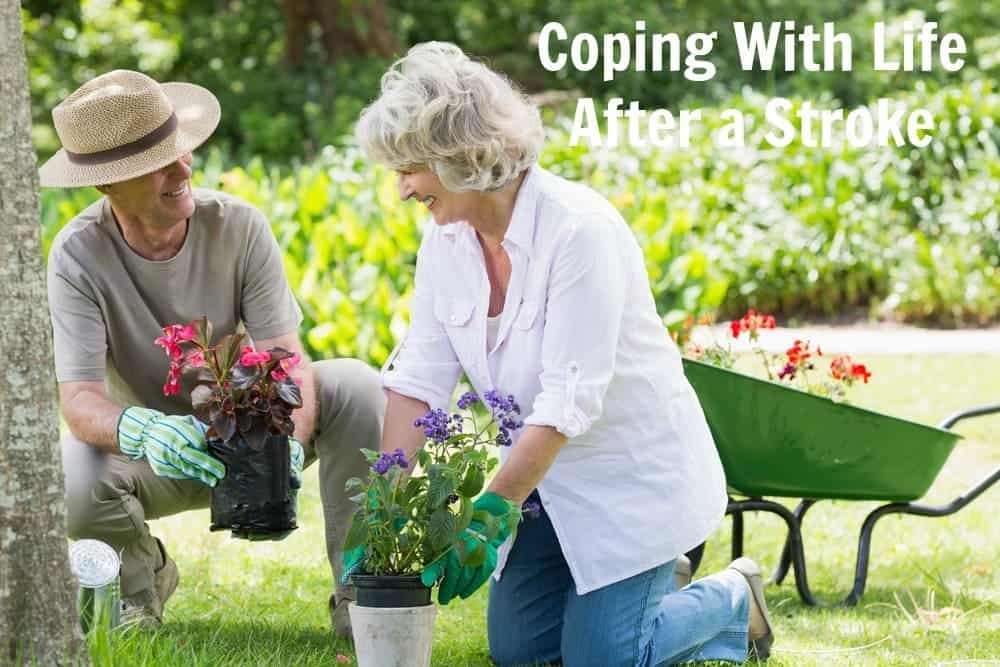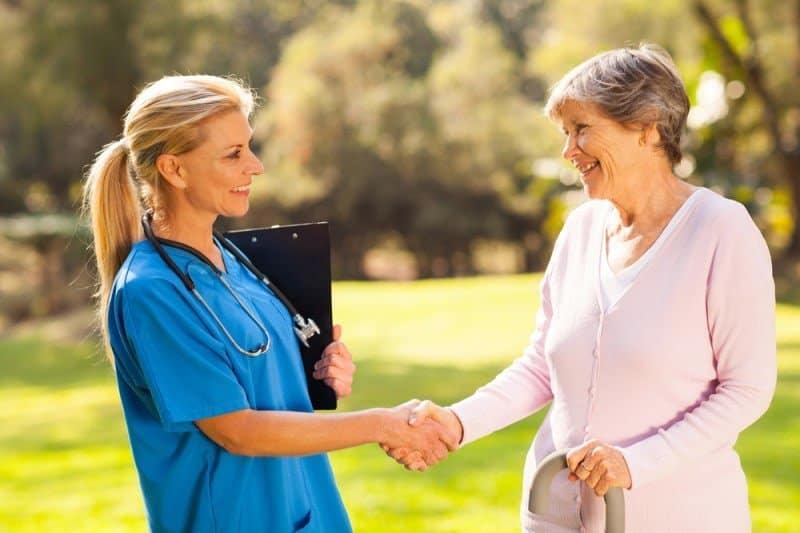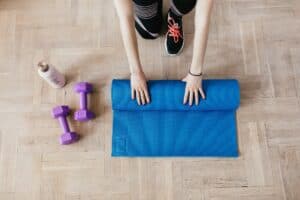If you have had a stroke then it may well have changed your life forever. However, it doesn’t have to hold you back completely and there are still many things you can do to cope with the physical and emotional changes that have been thrust upon you.
Here are some things to consider if you’re looking to live as normal a life as possible following a stroke…
Does your home need specialist equipment?
Following your stroke you may have trouble walking or standing for long periods of time, and consequently your home may need some specialist equipment installing to help you in your day to day life. Riser chairs can help you stand and sit down, whilst rails can be installed around the house to help you walk and get around.
Do you need specialist care?
The level of care you need really depends on the severity of your stroke. If it’s only a mild stroke then you may well be able to function as normal with little care, but obviously a more severe stroke could require specialist care. You may need carers to come into your home at certain junctures during the day or you may even have to consider a care home or retirement village if you need round the clock care. Organisations such as Extra Care can help with further details on this.
Are you eating the right foods?
Having a healthy diet is important for everyone but is especially important for those who have had a stroke as it can help reduce cholesterol levels, blood pressure and excess weight – all stroke risk factors. You could write a book about what and what not to eat but some of the main foods you should eat include:
- Plenty of fruit and vegetables
- Whole grain & high-fibre foods
- Fish
- Lean meets
- Low-fat dairy products
- Low-salt foods
Are you getting enough exercise?
As well as a healthy diet, it’s also essential that you ensure you’re getting enough exercise, as this can again reduce the risk factors of having another stroke. It doesn’t even have to be anything too strenuous; even just going for a short walk each day or doing some gardening would be beneficial if physically possible. Here are some good tips for exercising after a stroke.
Don’t be afraid of asking for help
Following your stroke you will no doubt have spoken to various specialists, clinicians, dieticians, physiotherapists and other experts and it’s vital that you listen to what they have to say. However, don’t feel that you can’t ask for extra help if you need it. It’s natural to feel like a burden following a stroke but that’s really not the case and there are plenty of people who want to help you, so don’t be afraid to ask for their help. Organisations such as the Stroke Association have a wealth of resources, information and people on hand who are more than happy to help in any way they can.
Disclosure: This post is brought to you from Extra Care



































No Comments